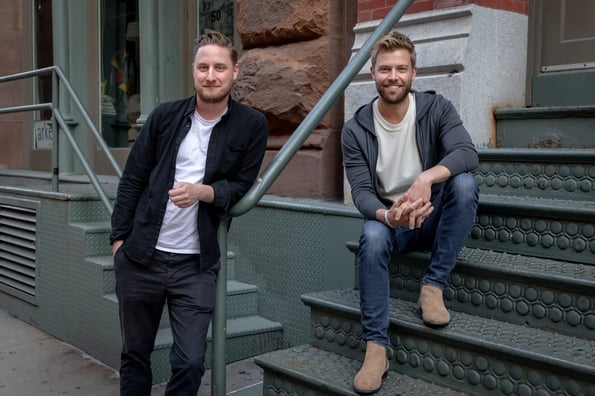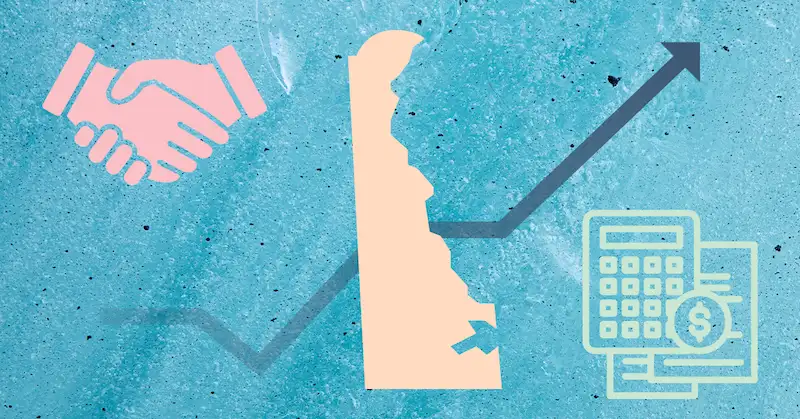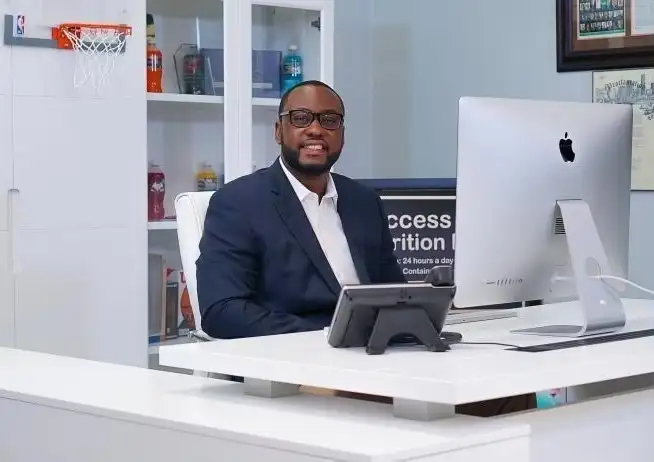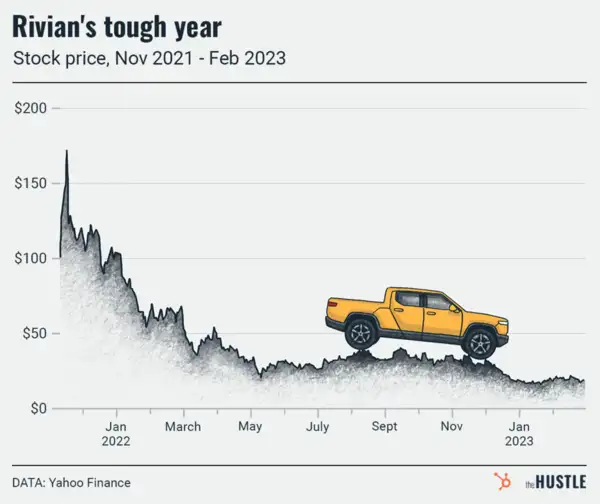Public co-CEOs Leif Abraham (L) and Jannick Malling (R)

***
Retail investing has gotten pretty aggressive in 2020, with people touting the craziest trading stories on Reddit and Twitter.
For the uninitiated, this stock trading madness is quite intimidating.
Enter Public, a startup that wants to make the markets accessible to non-traditional investors by offering:
- a commission-free trading app
- social features that let you follow other users, see their trading portfolios and exchange ideas
Public just announced a $65m Series C round, led by Accel with participation from Will Smith, Tony Hawk and The Chainsmokers.
Below is an excerpt of The Hustle’s conversation with Public’s co-CEO Leif Abraham:
***
With this big raise, what’s next for Public?
We’re building the investing social network so — while the app is already a full stack brokerage — we want to continue growing the social network around it.
This means expanding our community, which has already grown 10x this year.
Much of this growth has been organic, so we’re looking to keep on that path.

How does Public make money?
We’re completely transparent and it’s all right there on our website, just scroll down:
- Securities lending (to short sellers)
- A 0.2% interest on cash balances
- Smart order routing
It’s important for a company like ours to have a diversified revenue stream, so we’re looking at subscription options.
Subscriptions are important because they create a direct relationship with the end user and we can only make money if we’re aligned with them.
Warren Buffett likes to talk about the “20-Slot Rule”, which says you should only make 20 investments total in your life. How do you view his take on investing and, say, the business model for Public?
So first, we don’t allow day trading [or margin lending] on the platform. The vast majority of our community members are long-term investors: people who are discovering and investing in companies they believe in, and adding over time via dollar-cost averaging.
Further, we believe that investing is more than just “gains.” Investing is a forcing function for financial literacy.
If you put $50 into a stock, you’re much more likely to research it and follow it and understand how it works. The ability to trade in fractional shares means more people can have this type of first-hand education, no matter where they are on their financial journey.
You’ll learn about the stock, but you’ll also start learning about how other financial products (e.g., mortgages and credit cards) work.
Right, investing isn’t just some narrow skill.
Exactly, it has an effect on the government, on elections and society in general.
When people educate themselves on investing, it makes society better off.
You have a non-traditional background to fintech. How has that informed your leadership?
My co-founder, Jannick Malling, has a deep fintech background. I’m more of a startup growth guy and this is actually my first finance company.
From my perspective, I want to position Public closer to pop culture than to, say, traditional finance.
Specifically, I want to diversify the type of people that invest away from existing communities that are mostly white male dominated.
If you look at traditional finance communities or even take the Wall Street trading pits, it’s very competitive. We’re building a more collaborative culture that is marked by a diversity of thought.
When you have more perspectives in the mix, that holds the potential to expose people to ideas from other investors whose experiences and subject matter expertise are additive to their own.

Have you found success in bringing on non-traditional investors?
If you’re building a mass consumer product, you have to be open to all types of communities and that’s what we’re trying to do.
Right now, 40% of our users are female and 90% of people on the platform made a self-directed trade for the first time on Public.
Not everyone grew up around smart investing friends or had parents that taught them. To attract newcomers, you have to be approachable and be able to tell a story because people invest with their hearts and their brain.
Let’s say you support green causes, well then you can see other people that invest with similar ethics and you can follow them.
That’s one way to get into markets.
Who’s a good example of a non-traditional user?
Look at one of our investors, Tony Hawk [his portfolio includes Beyond Meat and Berkshire Hathaway for those curious].
He has this reputation of a skater guy—and yes, a savvy entrepreneur, too—but he doesn’t come from a traditional investing background. But when people see that he’s investing, they realize, “Hey, I can do this too.”
It’s not rocket science but it can be intimidating…it gets a lot less intimidating when you see non-traditional people getting involved.

How do you deal with the piggyback mentality, like just following other top names?
At the end of the day, people have to make their own decisions. But we see a lot of interaction and sharing of ideas to help people make informed decisions.
One recent trend we’re seeing is the hashtag #ShareYourLosses, where users tell stories of investments that went bad. It’s a great way to help people realize what type of mistakes they can make and learn from it.
What does the first week for a user look like? Browsing? Investing?
In most cases, people will come on and buy a stock for very little money.
That is what’s great about the fractional investing piece.
If you put in even just $5, you will start following the company very differently and forcing yourself to be educated.
Education is a forcing function of being invested.
What other products is Public consider launching?
Like other social networks, we want to create new form types for communicating ideas and making new connections.
Think about how Snapchat launched stories are the rise of long-form newsletters.
We are always experimenting with new posts types that the community will enjoy.
What’s the best advice you ever got?
Be mindful of the people you choose to work with. People tend to reflect the sum total of the people they surround themselves with—at work and in life.
A hiring principle we have at Public is to look for people with strong values: humility, tenacity, etc. You can teach skills but you can’t teach values.
Do you have a request for a startup (any problem out there you’d pay for a solution for)?
Business insurance in a box.











